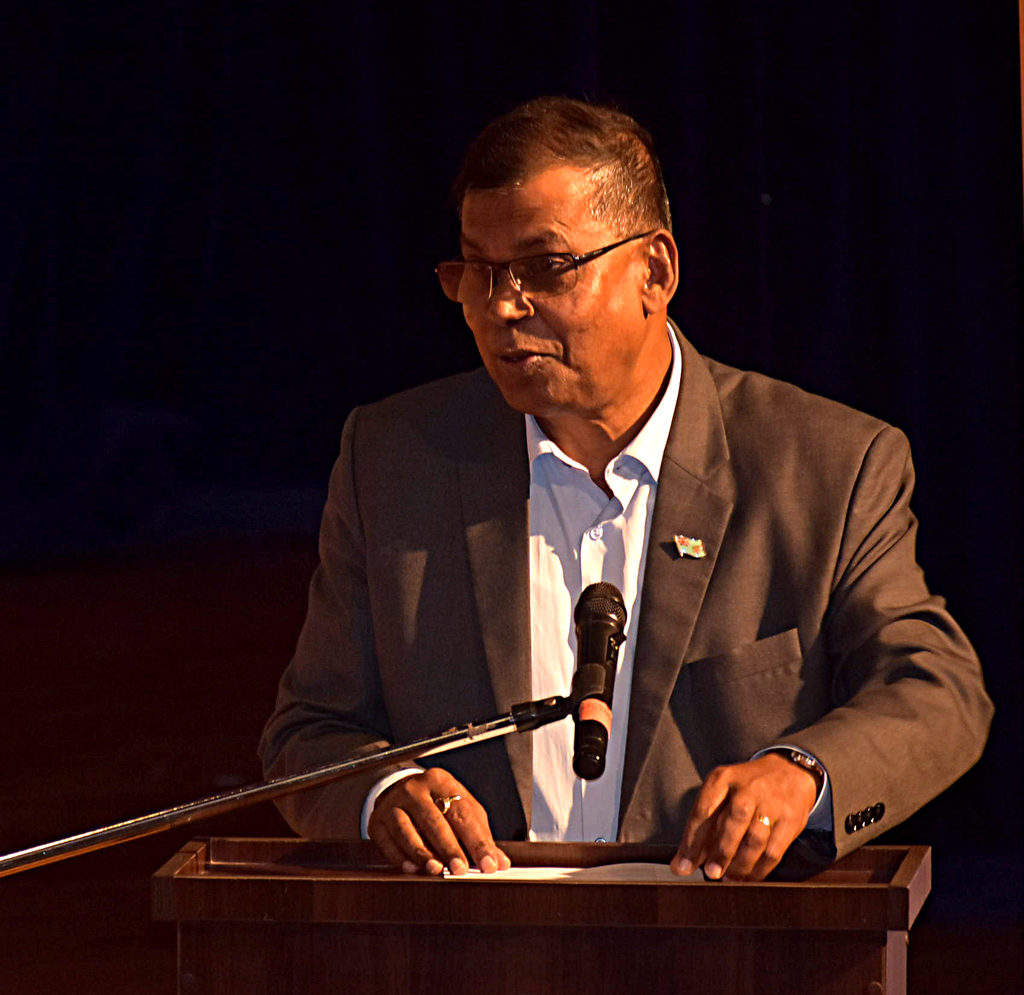The revelation that less than 5 per cent of businesses operating in Fiji are iTaukei owned – some 55 years after independence – is one of the saddest statistics in Fiji’s “national life”.
And Deputy Prime Minister and Minister for Finance Prof Biman Prasad said this is Fiji’s collective setback and the Government had set forward a unified purpose to set that right.
Addressing the Fiji Indigenous Business Council 2025 on Wednesday, Mr Prasad stated the fact the well over 90 per cent of all land in Fiji, and almost all land-based natural resources, are owned by indigenous people.
However, he said the constant challenge remained in translating those vast pool of natural resources into sustainable businesses.
He added in the past, many factors cited as a cause of the lack of indigenous participation in business included the lack of access to basic and climate resilient infrastructure, access to startup capital, a lack of practical skills and experience, slow approval by government authorities, road access, inability to secure stable markets for agriculture, forestry, and fisheries products, and a lack of understanding of relevant laws.
“The socio-economic development of our indigenous community depends on our success. Our national well being depends on this success. Our progress and unity as a nation depends on our success in this effort,” Mr Prasad told conference delegates.
He cited the National Development Plan’s (NDP) specific policies and strategies on the economic empowerment of indigenous communities that were embedded into each of the economic chapters of the Plan.
Mr Prasad said the NDP identifies six key initiatives:
– A review of oragnisational structures, policies, systems and processes of iTaukei administration – iTaukei Affairs Board, iTaukei Lands and Fisheries Commission, Center for Appropriate Technology and Development, and by extension Fijian Holdings Limited;
– Joint collaborative approach by iTaukei institutions to economic development through the solesolevaki development framework that envisions a traditional system of promoting cultural wealth trough collaborative efforts;
– Natural resource development – leveraging natural resources to establish business and commerce through the solesolevaki framework to access various funding mechanisms, including direct subsidy support and credit guarantee;
– Participation of indigenous communities in business;
– Unlocking the potential of the culture and heritage sector; and
– Socioeconomic wellbeing of the iTaukei community.
“The NDP also identifies several strategies such as – implementing targeted incentives and subsidies for indigenous businesses; enhancing the iTLTB Wealth Fund to assist with expiring lease buy back; providing support for startup and small businesses; and conducting skills training on financial literacy and resilience, business development and governance for the iTaukei.
“Initiating iTaukei land legislation reforms to empower iTaukei resource owners in the utilisation of their land as direct equity participants in business opportunities will also be crucial.”

